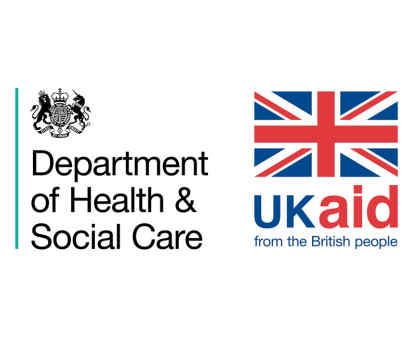
Key contributors
- Imperial College London
- Dalian Hissen Bio-pharm. Co., Ltd (China)
- VABIOTECH (Vietnam)
- Hilleman Labs (India)
- NIBSC (UK)
- CPI
- GSK Vaccines Institute for Global Health (GVGH, Italy)
Submit a contact request
Challenges and opportunities
Most current vaccines must be stored between 2-8 ̊C, as accidental freezing can lead to reduced potency through agglomeration and degradation. Cold chain practices tend to overlook accidental freezing of vaccines in favour of heat damage incurred at higher temperatures. Despite this, over 31 % of the US$ 439M UNICEF spent on all vaccines in 2005 was on freeze-sensitive vaccines. Therefore, distribution of vaccines to some LMICs and potential outbreak areas, where electricity and cold storage are limited, puts additional stress on the already fragile ‘cold chain’ delivery system.
Our solution is to develop next-generation formulations based on biocompatible liposomes, polymers and ionic liquids to create a flexible and robust platform capable of improving stability and efficacy of both existing and emerging vaccine technologies. These methods can be adapted to also formulate vaccines for delivery via the oral route, thus extending the potential applications of each vaccine candidate.
Methodology
The overall aim is to manufacture vaccines that are stable at 40 ̊C, avoiding the need for refrigeration during shipping and storage. Our solution to the storage of manufactured vaccines is to increase the thermal stability using two approaches:
- freeze-drying, and
- liquid stabilisation
The other aim is to evaluate and optimise formulations of vaccines for delivery via oral route using sugar, trehalose and or substitute to coat / protect the vaccine.

Key outcomes from this workstream
- Establish 'Proof of Concept' to safely formulate vaccine using novel approaches
- Evaluate selected vaccine candidates using our ionic liquid and liposomal formulations, together with lyophilisation methods for thermal stability
- Develop robust, modular and intensified manufacturing process to formulate vaccines for oral use


